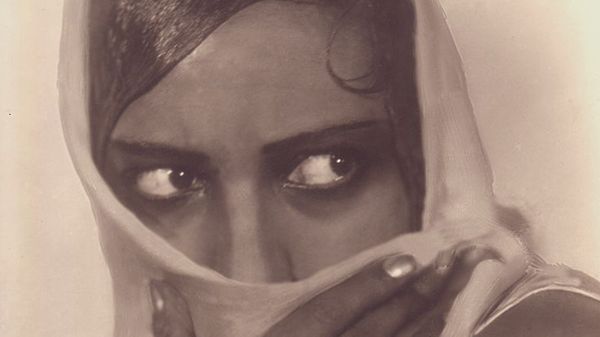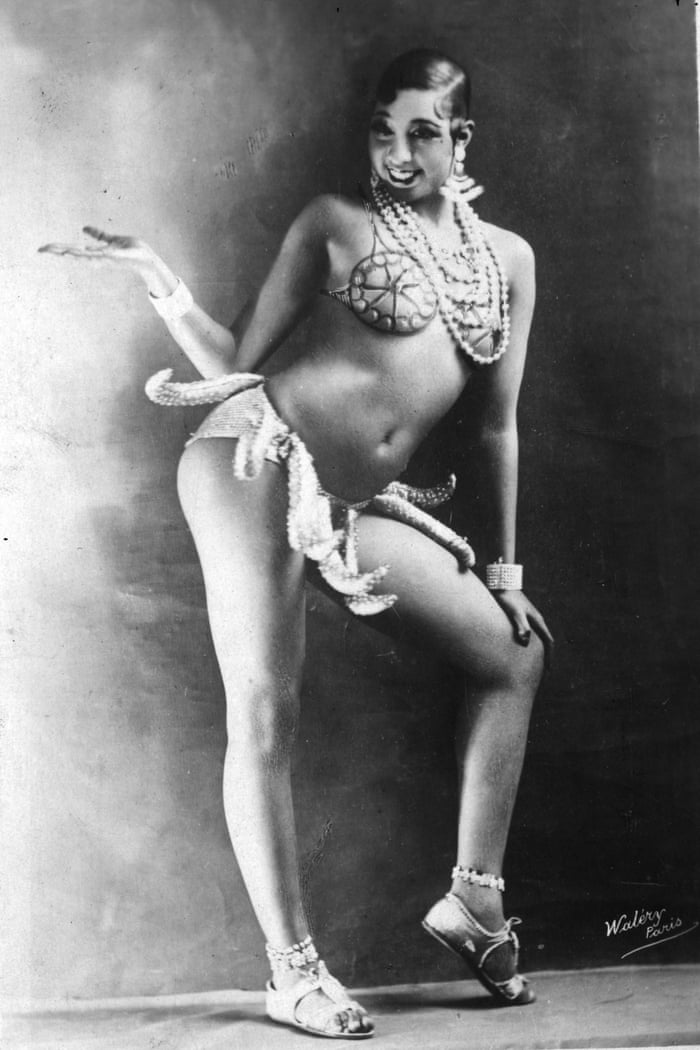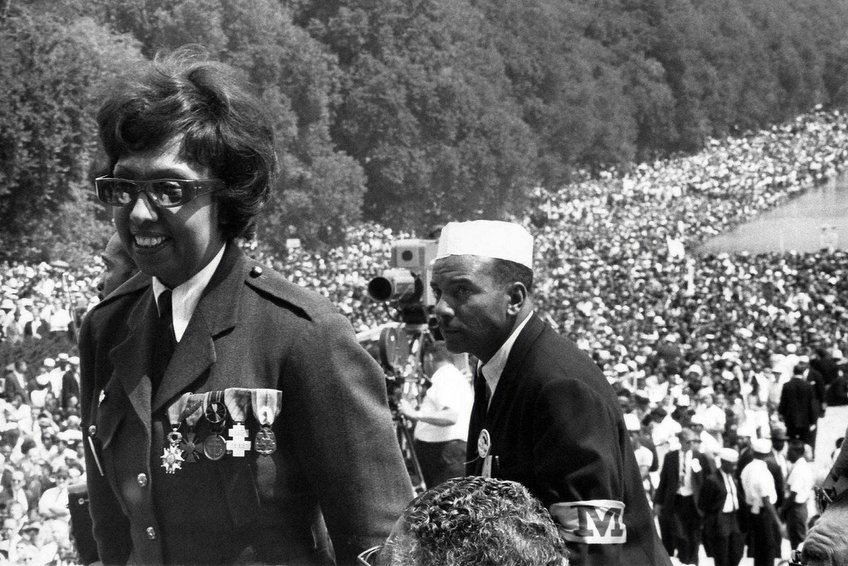Josephine Baker, Antifascist Freedom Fighter, Born on this Date

Most people reading this probably have at least a rudimentary idea of who Josephine Baker (born on June 3, 1906) was. A black American entertainer from St. Louis, given a chance to join a singing and dancing revue that traveled to Paris in 1925, who then became the toast of the City Of Light, finding a new life of acceptance outside the racial strictures of her home country, and who, in the process, spread her creative wings and emerged as a true superstar.

Hemingway called her “the most sensational woman anybody ever saw, or ever will.” Picasso said she was “the Nefertiti of Now.” A correspondent for the Los Angeles Examiner was even moved to poetry by her act, saying that “if an orchid could sizzle, it would be something like Josephine Baker.”
She became one of the most famous people on the entire continent of Europe with her singing, dancing on stage and, eventually, her film performances. The respect she was accorded in Europe led her to renounce her American citizenship in 1937 in protest of the racist conditions that prevailed in the States. A writer for the Philadelphia Inquirer later said that “her appearances have been marked by perhaps the most outspoken opposition to racial discrimination and segregation ever shown by a Negro artist, except Paul Robeson.”
All of that amounts to a hell of a great story already, but there’s more. At the time of her death in 1975, among her treasured effects were several medals bestowed by the French Republic, the Croix de guerre, the Médaille de la Résistance with Rosette, and the badge of Chevalier in the Légion d’honneur. It is an understatement to say that France did not give these out like candy. They had to be earned – and at great risk – the Croix de guerre is awarded for outstanding heroism in combat and the Médaille de la Résistance is rewarded to those who courageously aided the fight against Nazi occupation. Baker’s resistance efforts would make her a legend even if she had not been an incandescent entertainer and outspoken pioneer for racial justice.
Baker’s first inklings of the trouble in Europe came when she visited Vienna in 1928. The crucible of hate had already begun to sizzle in Hitler’s home city. Posters depicting a caricatured “black devil” appeared on thoroughfares, and hateful elements massed in the streets to protest her appearance. It was too reminiscent of home for Baker. Much later, as the Nazi occupation squeezed France, Baker was visited by patriotic French counter-intelligence officers and enlisted into the cause of the Resistance. When she was warned of the danger, she told her contact “France made me what I am. I will be grateful forever. The people of Paris have given me everything… I am ready, captain, to give them my life. You can use me as you wish.”
Baker’s duties were many, concealing Resistance fighters in her Riviera chateau, obtaining visas, passing communications and documents over borders by writing them in invisible ink on her sheet music as she toured. She smuggled photographs and maps in her underwear, knowing that she would likely not be strip-searched at customs check points. As a celebrity, she attended parties and diplomatic functions, making skillful chit-chat with Axis functionaries and recording the information about troop movements by writing it on her hands and arms. Her risks, as recorded in the later citations by General Charles DeGaulle, were many and her bravery was extraordinary.
After the Liberation of Paris, Baker returned to her adopted home city of Paris, this time in military dress. Here she aided recovery efforts, even selling her jewelry and clothes to buy food and coal for the residents. Already a beloved figure, Baker became an icon of French resilience and humanity. Her memory is still honored there to this day.

Josephine Baker, in her French military uniform at the March On Washington in 1963
We have only faintly scratched the surface of Baker’s story here, of course. If you would like to find out more about her story, including her years in America before and after Europe, we recommend Phyllis Rose’s riveting 1989 biography “Jazz Cleopatra: Josephine Baker In Her Time.”









